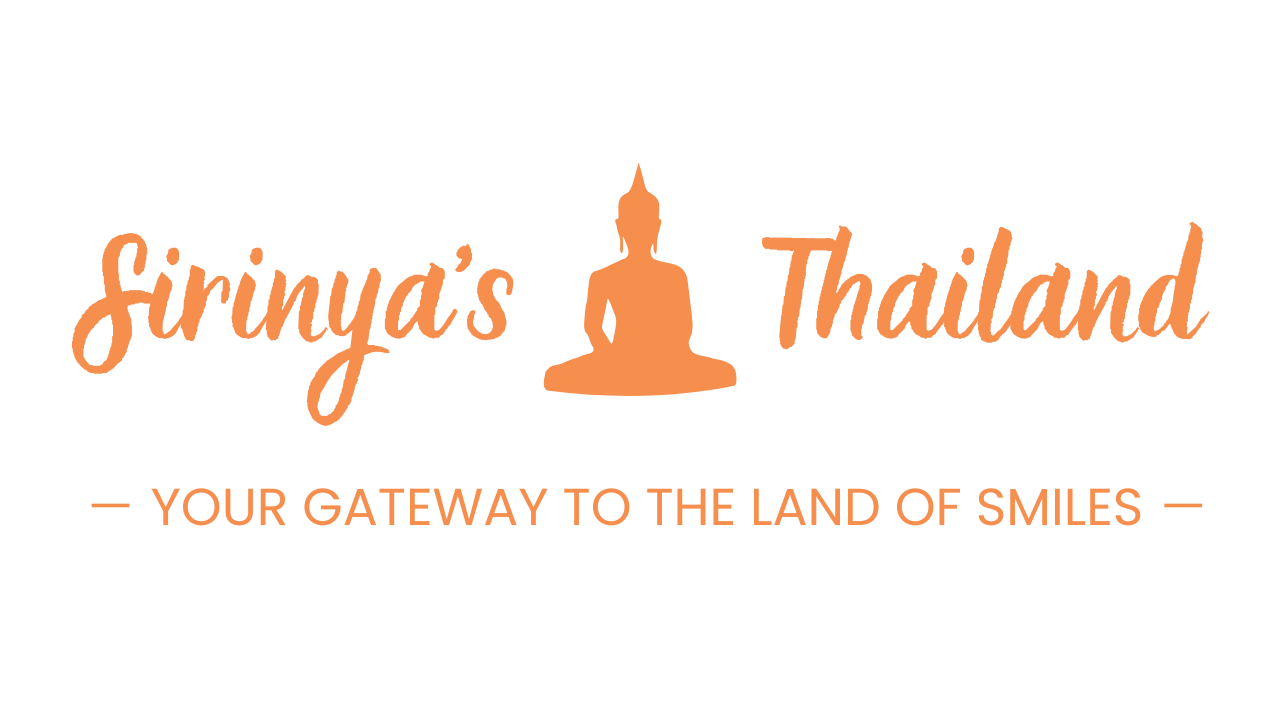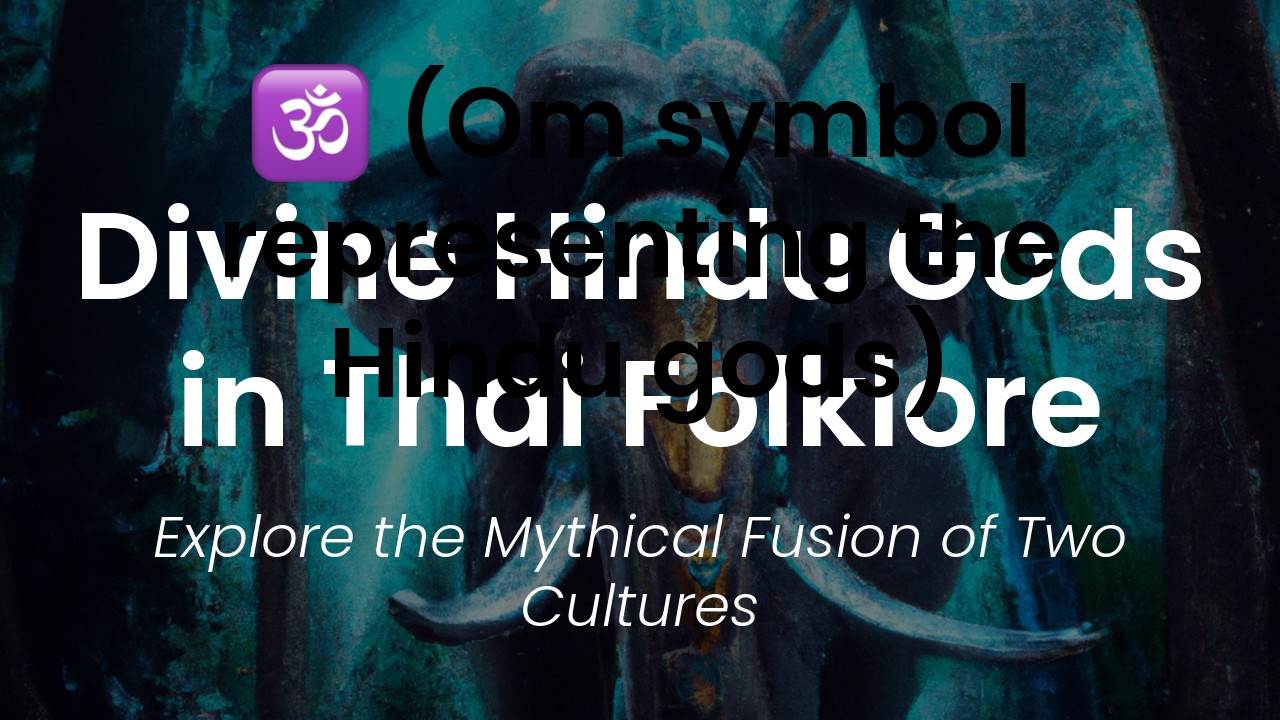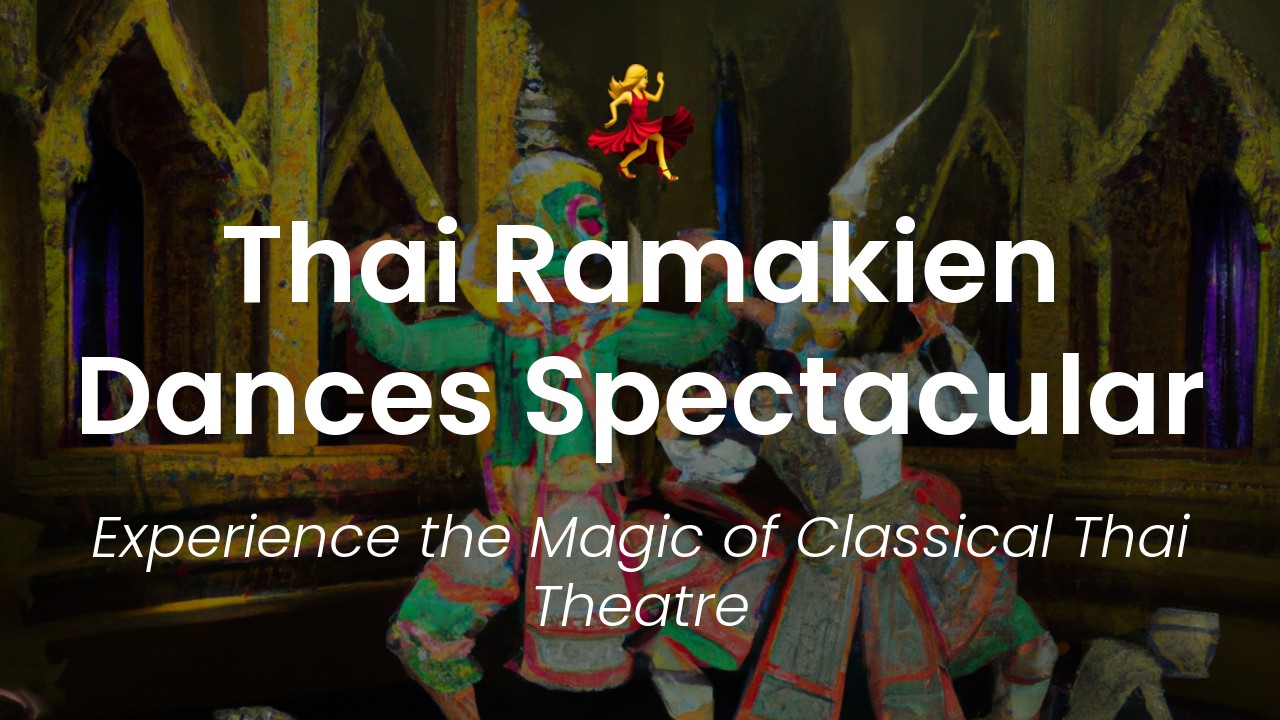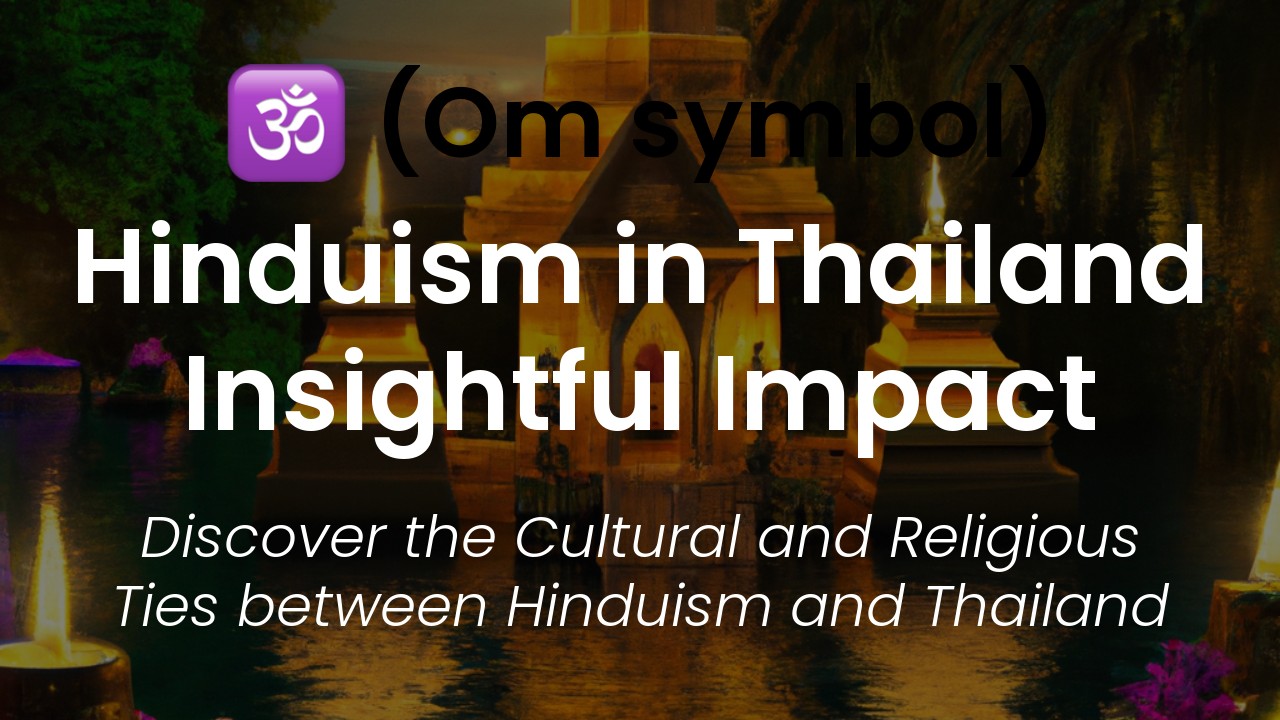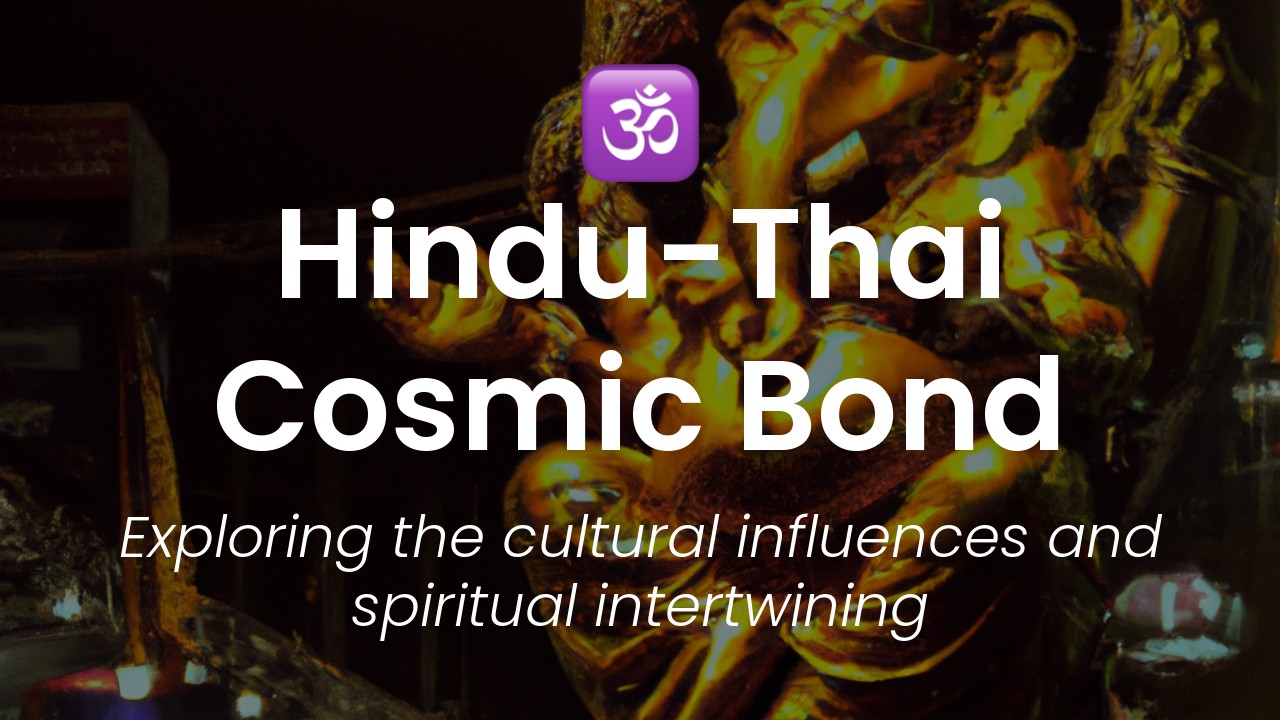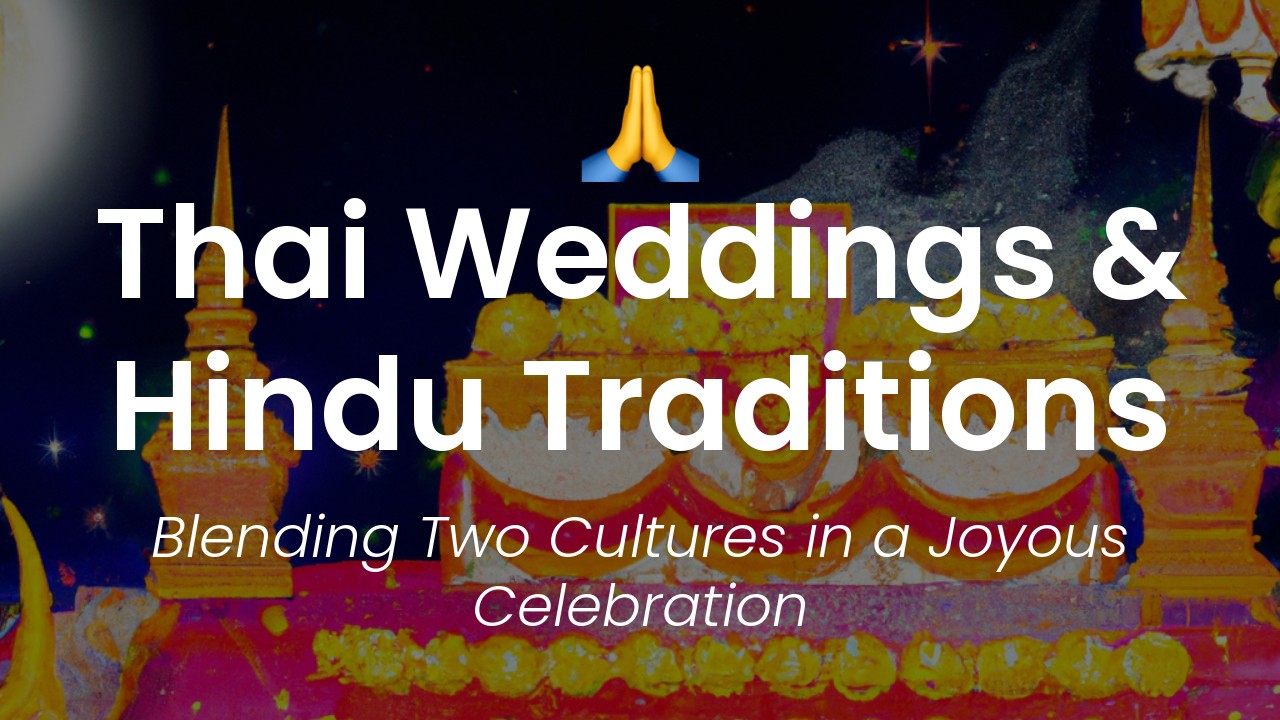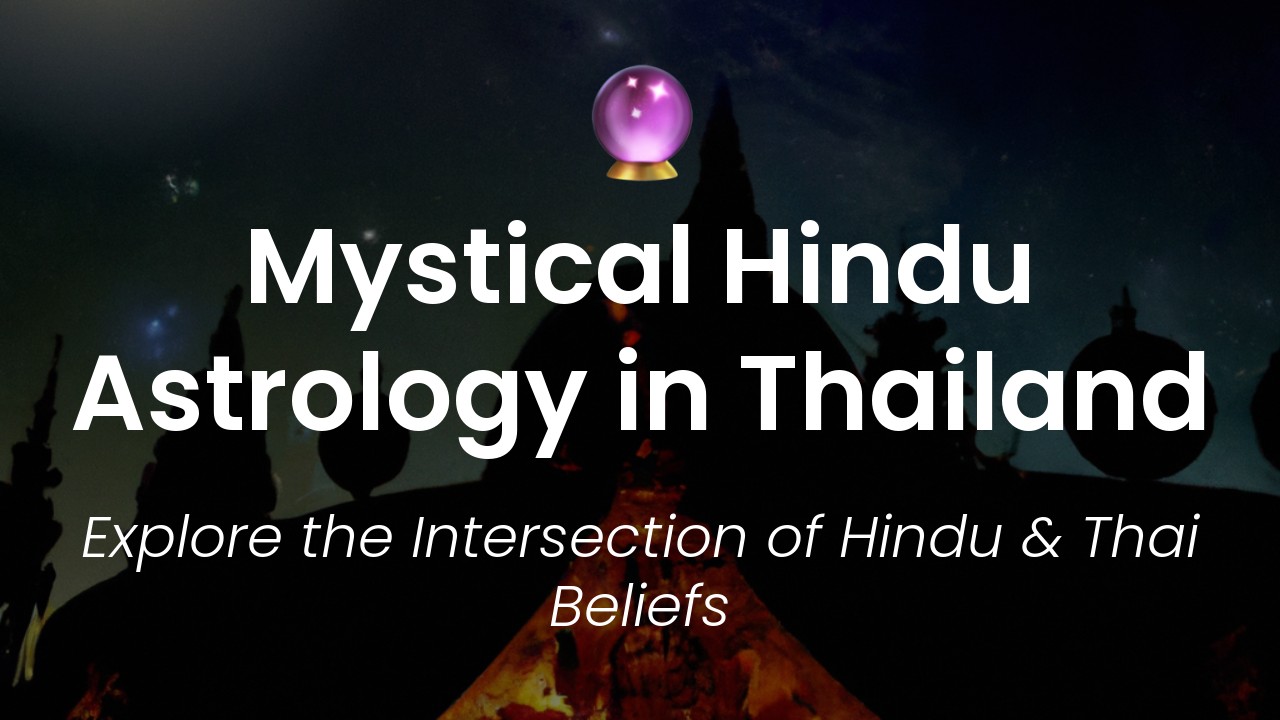Hello, my lovely readers. My name is Sirinya, and I am thrilled to share another exciting article about Thailand's rich cultural heritage. Today, I want to take you on a fascinating journey through Thai folklore and explore the divine influence of the Hindu gods.
The connection between Thai and Hindu cultures traces back to ancient times when the Hindu-Buddhist empire, known as the Khmer empire, ruled over Southeast Asia. The Khmer empire's influence can be seen in various elements of Thai culture, such as architecture, art, and literature. In particular, the Thai folklore heavily borrows from Hindu mythology, illustrating the deep-rooted connection between the two cultures.
The Hindu gods have played an essential role in Thai folklore for centuries. They are beloved characters in traditional Thai stories, and their influence is evident in many cultural practices and beliefs. The worship of Hindu deities like Vishnu, Shiva, and Brahma has become an integral part of Thai religious traditions. These gods have had a significant impact on Thai culture, and their stories have been told and retold through generations, shaping the nation's moral values and identity.
In this article, I will explore the most popular Hindu gods in Thai folklore, their fascinating stories, and how they have influenced Thai culture and practices. You will discover a new side of Thailand and gain a deeper appreciation for the nation's rich cultural heritage. So, grab a cup of tea or coffee and join me in exploring the divine influence of Hindu gods in Thai folklore.
Brahma, Vishnu, and Shiva
The Hindu religion has had a significant impact on Thai culture and folklore. The influence of Hinduism can be seen in various aspects of Thai society, from the architecture of temples to traditional dances and even daily customs. One of the most significant ways that Hinduism has influenced Thai culture is through the worship of Hindu gods.
Brahma, Vishnu, and Shiva are among the most revered Hindu gods in Thailand. Brahma is known as the creator of the world. He is often depicted with four heads and has a significant influence on Thai architecture. Vishnu is the preserver of the world, and is incredibly popular among Thai Hindus. He is often depicted with blue skin and holds a conch shell, discus, and lotus flower. Shiva is known as the destroyer of evil. His image is often represented in sacred shrines throughout Thailand.
Ganesha and His Importance
Ganesha is another significant Hindu god that has had a significant impact on Thai culture. He is known as the remover of obstacles and is often worshipped before significant events, such as weddings or exams. Ganesha is depicted with an elephant head and a human body and is often associated with good luck and success. His influence can be seen in various Thai festivals and celebrations, where his image is displayed prominently.
Hanuman: The Monkey God
Hanuman is another essential Hindu god in Thai folklore. He is known as the monkey god and is revered for his bravery and devotion to Lord Rama. Hanuman's image is often depicted in Thai art and is a popular figure in Thai puppet shows. He is also seen as a symbol of strength and is believed to bring protection to those who worship him.
Kali: The Goddess of Time and Change
Kali is the goddess of time and change in Hinduism. She is often depicted with black skin and is associated with death and destruction. Despite her dark nature, Kali is also seen as a protector and is worshipped by those seeking strength and courage. Her influence can be seen in various Thai festivals and celebrations, where her image is displayed prominently.
How Hinduism Influenced Thai Culture
The influence of Hinduism on Thai culture has been significant and can be seen in various aspects of Thai society. From the architecture of temples to traditional dances and customs, Hinduism has left a lasting impression on Thai culture. This influence can be traced back to the ancient trading routes that connected India and Southeast Asia.
The spread of Hinduism to Thailand occurred over several centuries, primarily through trade. Merchants from India brought their religion, culture, and customs, which were gradually assimilated into Thai society over time. This influence can be seen in various aspects of Thai culture, from the use of Sanskrit in religious texts to the worship of Hindu gods.
Conclusion: Hinduism in the Modern World
Hinduism continues to have a significant impact on Thai culture and society. The influence of Hindu gods can be seen in various aspects of Thai folklore and celebrations, and it has left a lasting impression on Thai architecture, art, and literature. Despite the influence of other religions in Thailand, Hinduism remains an essential part of Thai culture and is likely to continue to do so in the future.
